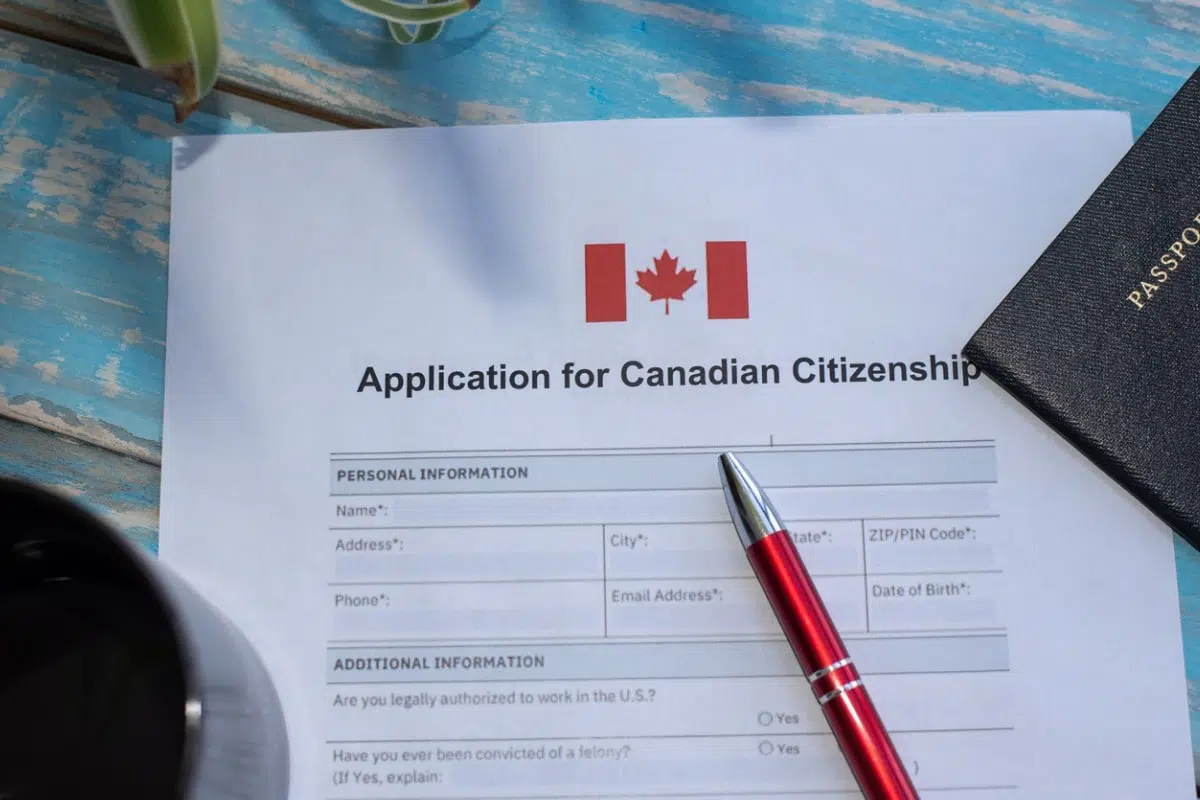You may become a Canadian citizen as long as you meet certain eligibility requirements, including the physical presence requirements. Canada requires you to have lived in the country for at least three years or 1,095 days out of the past five years before applying for Canadian citizenship. The calculation period starts on the day that you became a permanent resident.
If you were living in Canada as a temporary resident or Protected Person before becoming a permanent resident, you can include some of that time in your physical presence requirement. Each day spent in Canada as a temporary resident or protected person in the last five years would count as a half day. You can use a maximum of one year or 365 days as a temporary resident or protected person towards the physical presence requirement.
It is important to note that if you are claiming time as a Protected Person, the only days you are allowed to claim towards your physical presence requirement is from the time you received a positive Protected Person decision on your refugee claim or PRRA application until the day before you became a permanent resident. It should also be pointed out that time spent serving a jail sentence in Canada does not count towards the physical presence requirement.
Unless there are exceptional circumstances, time spent outside of Canada will not be counted towards the 1,095 days required for Canadian citizenship. In determining whether exceptional circumstances exist, Canadian citizenship judges will look at the specific facts and individual circumstances of each case. The following are a list of factors that may in some cases lead to bending the 1,095 day rule:
- The applicant is physically present in Canada for most of the required period other than recent absences that occurred immediately before the application for Canadian citizenship was submitted.
- Even though the applicant leaves Canada on a regular basis, the applicant’s immediate family and dependents continue to live in Canada.
- The applicant’s overall pattern of physical presence in Canada indicates that he or she returns home to Canada, and does not simply “pay a visit” to Canada.
- Despite repeated absences, the total number of days absent from Canada are relatively few.
- The physical absence from Canada is caused by a clearly temporary situation such as employment or study abroad for a limited period of time.
- The quality of the applicant’s connection with Canada is more substantial than that which exists with any other country, as reflected by the applicant’s involvement in Canadian work and business ventures, community organizations, and payment of Canadian income tax.
Canadian citizenship eligibility
You must meet several criteria in order to be eligible for Canadian citizenship. On top of meeting Canada’s physical presence requirements, you must:
- Be a permanent resident
- File your taxes (if necessary)
- Pass a Canadian citizenship test (if you are between the ages of 18 and 54)
- Prove your language skills (if you are between the ages of 18 and 54)

